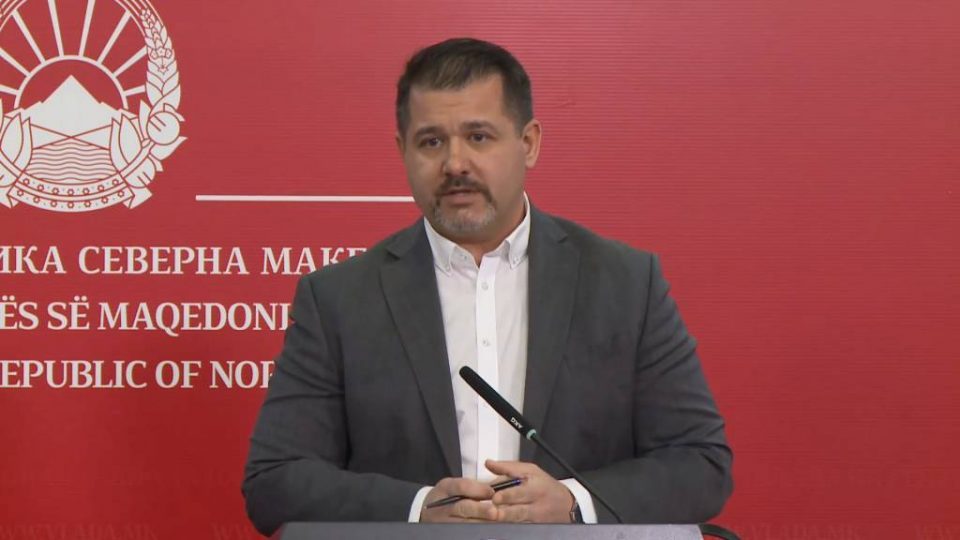According to the Prespa treaty, the Zaev Government insists, Greece has agreed to allow Macedonians to call themselves Macedonians. But, the treaty also forbids the Government of Macedonia to interfere in Greek internal affairs, especially over the rights of the Macedonian minority, whose very existence Greece has long denied and which is one of the thorniest points of the decades long name issue.
This is why Zaev’s spokesman Mile Bosnjakovski, and Foreign Minister Nikola Dimitrov before him, found theirs task imspossible when they was asked to comment on the language spoken by the Macedonians in Greece. Dimitrov, who himself originates from the region in the north of Greece referred to in Macedonia as Aegean Macedonia, said that Macedonian language is “different from the language spoken by Macedonians in Greece”. The statement caused outrage in Macedonia, because it’s one of the first practical examples of how the Macedonian state gives up on representing the rights of Macedonians in Greece, and accepts the relatively new development in Greece that Greeks living in the north of the country refer to themselves as Macedonians. Merely acknowledging the existance of the minority, and Dimitrov’s own ancestors, is obviously something the Zaev Government can’t afford.
Dimitrov’s statement came shortly after the BBC report which detailed the abuse the Macedonian minority in Greece has faced over the decades, since Greece took over Aegean Macedonia in 1912.
Similarly, Zaev’s spokesman Bosnjakovski was walking on egg-shells when asked to comment on Dimitrov’s statement.
There is a certain category of citizens in the Republic of Greece which don’t speak Greek, they speak a different language, but we are not those who should determine what language they use, because that would mean interfering in the internal affairs of another country, Bosnjakovski told the journalists. Bosnjakovski then went on to declare that there are ethnic Greeks who consider themselves Macedonians, and that this is what Dimitrov meant when he made his comment.
Even this bland statement caused a reaction in Greece, where media outlets said that Bosnjakovski’s acknowledgement of the existence of an ethnic group which he would not name speaking a language he dared not mention, is still a step too far.
Still sulking after the BBC report, which raised a flurry of Greek denials, media outlets in Greece also objected to the requests from the small Macedonian party in Greece to request public education and religious services in Macedonian. Meanwhile, one thing is clear – this Government of Macedonia understands the Prespa treaty as a ban not only on raising the issue of minority rights, but also even mentioning the name of that minority.






Comments are closed for this post.